August 31, 2025 | 15:48 GMT +7
August 31, 2025 | 15:48 GMT +7
Hotline: 0913.378.918
August 31, 2025 | 15:48 GMT +7
Hotline: 0913.378.918
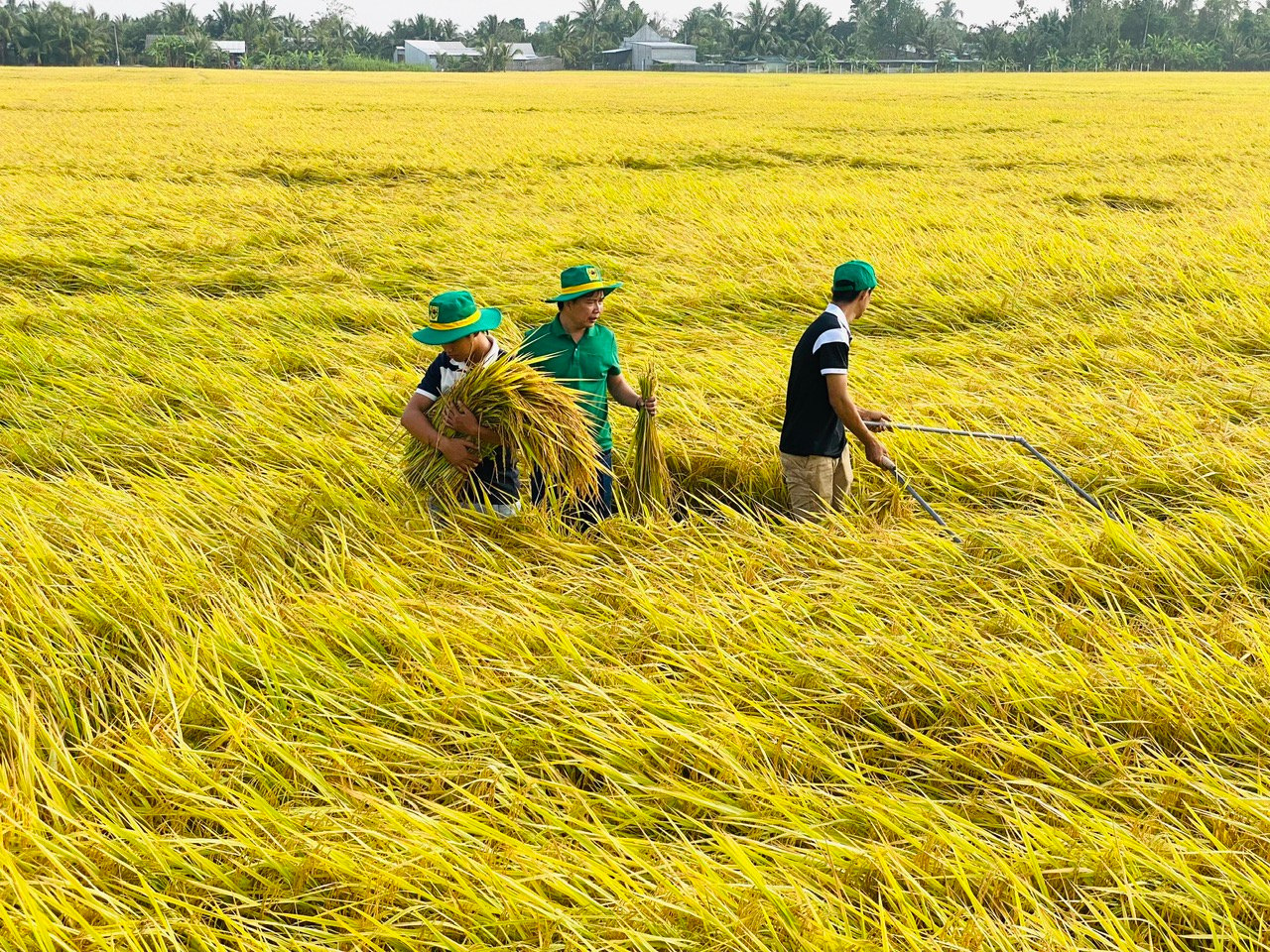
Representatives from government agencies, financial experts, and development partners gathered to discuss new opportunities for issuing green bonds to mobilize finance for sustainable agriculture. The discussion included support for the Sustainable Development Project of One Million Hectares of High-Quality, Low-Emission Rice Cultivation Associated with Green Growth in the Mekong Delta by 2030. Photo: Hoang Vu/NLD.
Vietnam took a major step in supporting a green finance pathway for its agricultural sector today, as a national technical workshop concluded in Hanoi with strong momentum to support Vietnam’s first green bond for climate-resilient, low-emission farming.
Hosted by the Food and Agriculture Organization of the United Nations (FAO) with support from the Ministry of Agriculture and Environment (MAE) of Vietnam in collaboration with the Climate Bonds Initiative and the Vietnam Bank for Agriculture and Rural Development (Agribank), the "Vietnam Green Bond Workshop Advances Framework for Sustainable Agriculture Finance" convened government officials, financial experts, and development partners to discuss emerging opportunities for a green bond to mobilize finance for sustainable agriculture including the One Million Hectares Initiative —the national flagship program to scale up high-quality, low-carbon rice production in the Mekong Delta by 2030.
In his opening remarks, Dr. Nguyen Do Anh Tuan, Director General of the International Cooperation Department, Ministry of Agriculture and Environment (MAE) emphasized the importance of financial innovation: “Our efforts to transition to sustainable, climate-resilient and low-emission agricultural practices are more important than ever. But achieving this vision will require innovation not only in farming practices but also in mobilizing finance at scale—especially to support our smallholder farmers and agri-SMEs.”
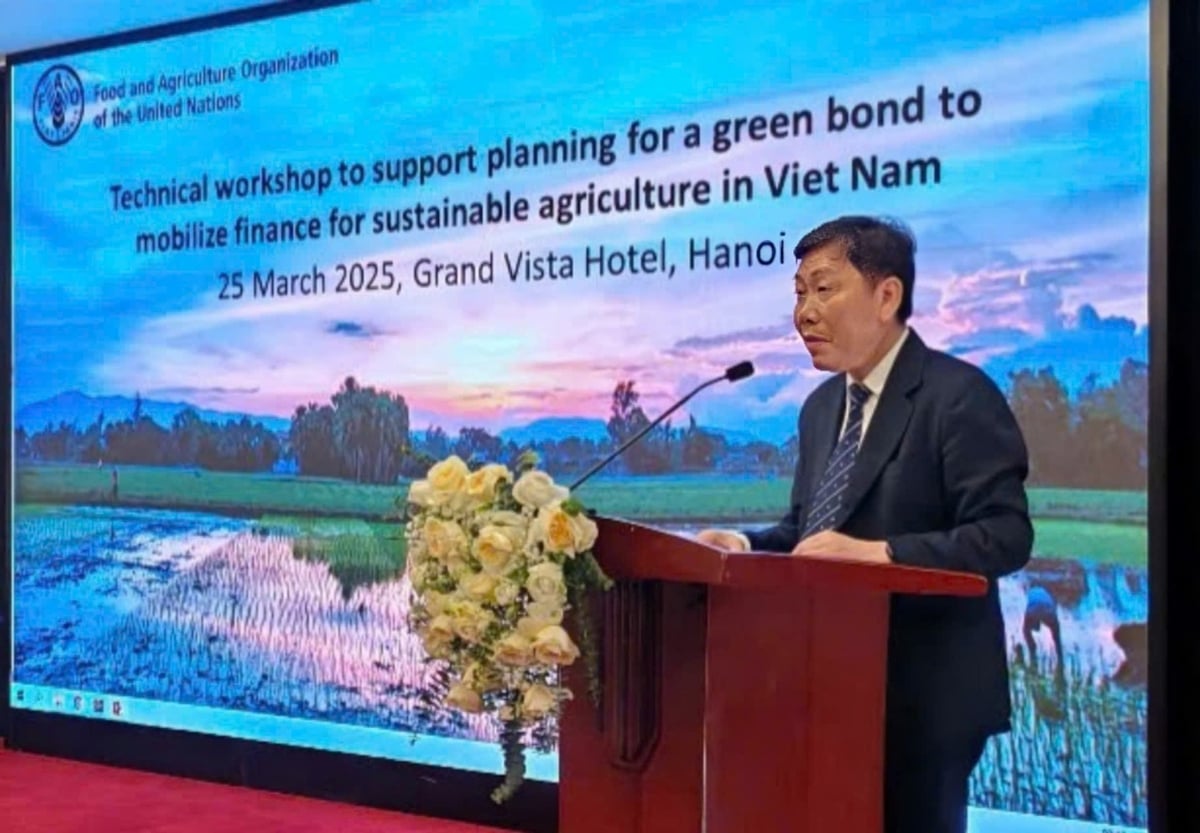
Dr. Nguyen Do Anh Tuan, Director General of the International Cooperation Department, Ministry of Agriculture and Environment (MAE).
Throughout the day, participants engaged in a series of technical presentations and hands-on exercises that directly contributed to shaping the core components of a draft Green Bond Framework for Sustainable Agriculture in Vietnam. These included identifying Use of Proceeds for green bonds targeting smallholder farmers and agri-SMEs, defining eligible investments, and aligning with Vietnam’s climate and agricultural policy priorities.
International case studies—such as sovereign and sustainability bonds issued by Thailand, Indonesia and the African Development Bank for sustainable agriculture —offered real-world examples of how bond proceeds can be structured to deliver both climate impact and rural development. Participants applied these lessons in working sessions that modeled how new green bond guidelines and agricultural criteria can enhance impact and deliver finance at scale for climate-smart agriculture.

Experts contributed their input to the development of the Draft Green Bond Framework for Sustainable Agriculture in Vietnam.
“Unlocking finance for smallholder farmers to adopt new technologies and approaches to deliver low-emission and high-quality rice is a shared priority for FAO and MAE. Collaboration with partners like Agribank and the Climate Bonds Initiative to explore the potential for innovative measures such as food security green bonds in Vietnam is essential for achieving this aim,” noted Beau Damen, Climate Change and Climate Finance Officer for FAO’s Regional Office of Asia and the Pacific.
“Let this be a day of collaboration and shared commitment—to climate action, to sustainable development, and to the prosperity of rural communities and the rice sector across Vietnam,” Dr. Tuan added.
With strong technical input, cross-sector collaboration, and global best practices brought to the table, the workshop represents a pivotal milestone in Vietnam’s efforts to mobilize sustainable finance for agriculture, enhance food security, and contribute to national and global climate goals.
Translated by Dieu Linh
/2025/08/30/2835-2-121949_633.jpg)
(VAN) Building a national land database has always been considered a core task, laying the foundation for modern, transparent, and efficient land management.
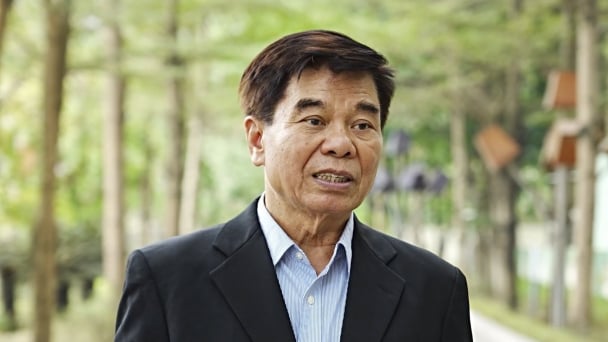
(VAN) As one of the world’s leading agricultural exporters, Vietnam must raise product quality and transform its cooperation methods to align with international trends.
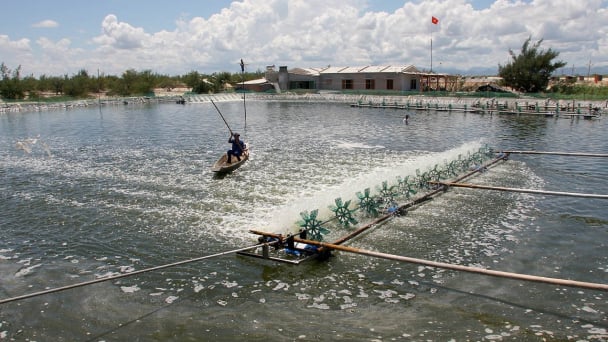
(VAN) According to the Directorate of Fisheries, Vietnam’s seafood industry has undergone four development stages, with clear orientations and outstanding accomplishments, affirming its increasingly important role.
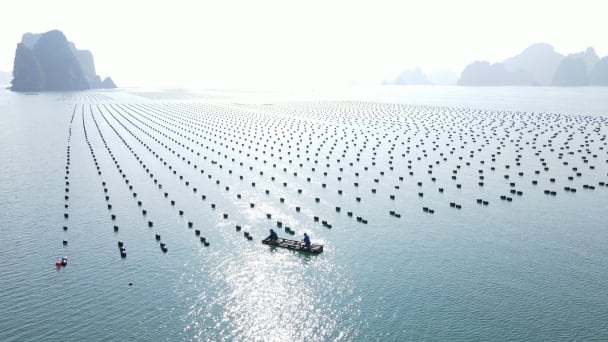
(VAN) Vietnam has become one of the world’s top three seafood exporters, affirming its role as a key economic sector while opening up expectations for sustainable development and deeper international integration.
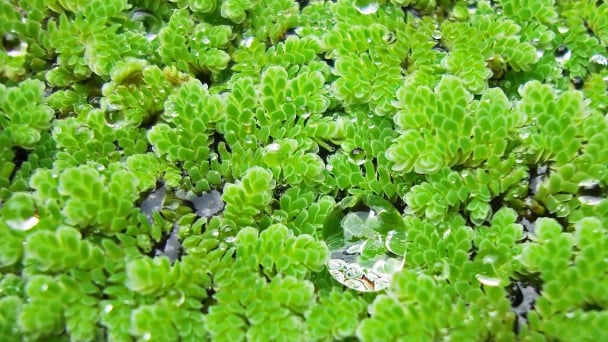
(VAN) Binh Dien Fertilizer Company has announced a plan to revive and develop Azolla cultivation to support organic rice farming and reduce emissions in the Mekong Delta starting from the upcoming winter–spring crop.
/2025/08/29/0627-0-nongnghiep-180622.jpg)
(VAN) The Ministry of Agriculture and Environment is focusing on three pillars, including science and technology, digital transformation, and administrative reform, to achieve comprehensive renovation and breakthrough development.
/2025/08/28/3157-3-222130_390.jpg)
(VAN) Over the past 80 years, land policies for agriculture, farmers, and rural areas have always received the attention of the Party and the State, gradually perfecting and becoming a pillar of socio-economic development.